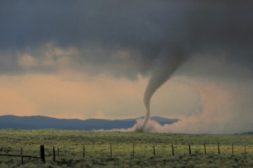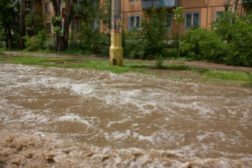Home » Keywords: » cleanup
Items Tagged with 'cleanup'
ARTICLES
NTSB to meet on pipeline rupture and oil spill accident
Cleanup costs: $767 million and climbing
July 5, 2012
Become a Leader in Safety Culture
Build your knowledge with ISHN, covering key safety, health and industrial hygiene news, products, and trends.
JOIN TODAYCopyright ©2025. All Rights Reserved BNP Media.
Design, CMS, Hosting & Web Development :: ePublishing




